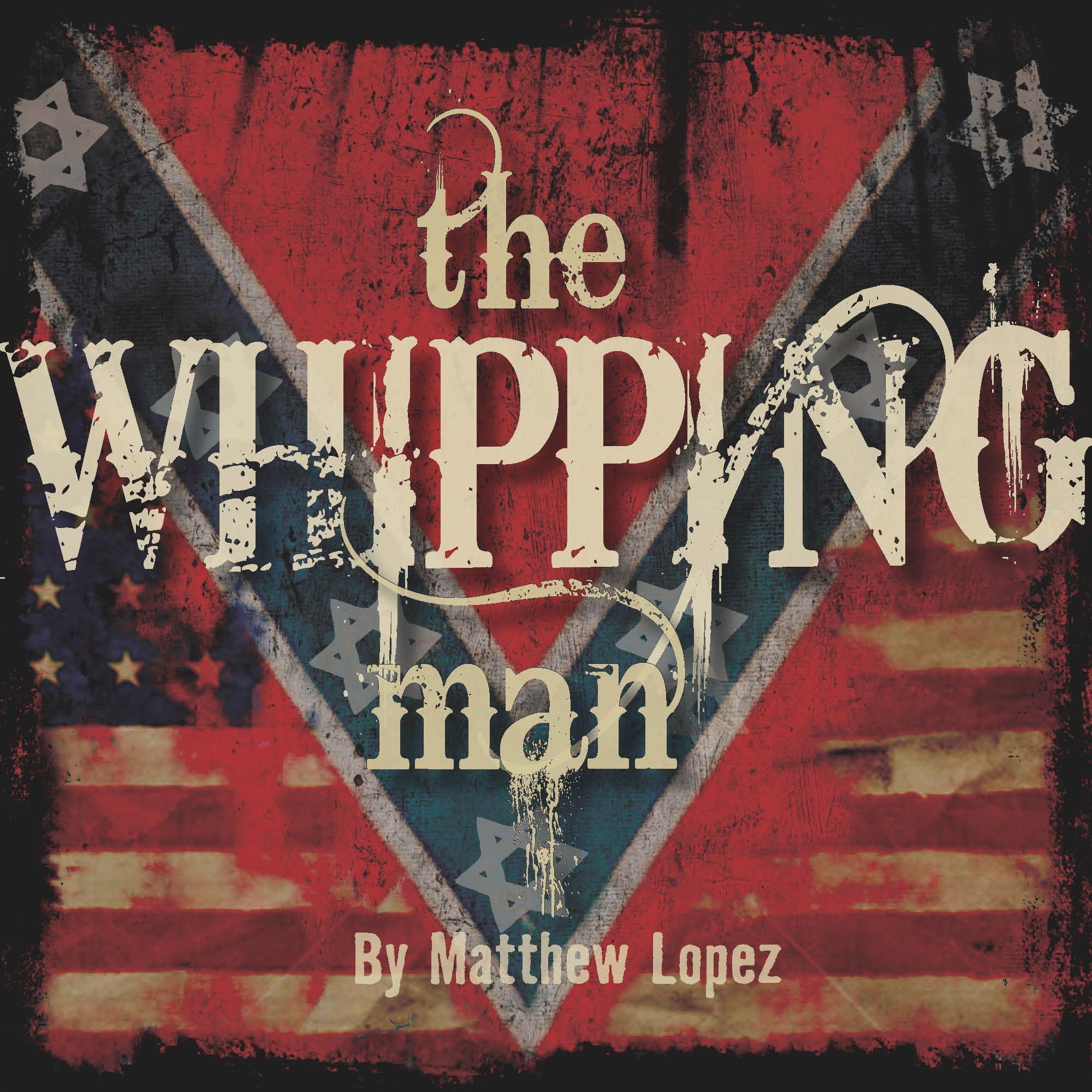When winning is losing and losing is winning
An old antebellum house stands almost abandoned, its peeling wallpaper, rotting staircase and bare floors revealing the struggle it has endured. A beleaguered Confederate soldier comes limping through the front door. He is “home.”
So begins CENTERSTAGE’s production of Matthew Lopez’s The Whipping Man. Artistic Director Kwame Kwei-Armah’s directorial debut since assuming the top slot a year ago, the show provides an intimate glimpse into the lives of three Jews — one an officer in the Confederate Army and the other two previously his slaves — in April 1865 as they negotiate shifting interpersonal roles, rotting faiths and basic survival in a very complicated “new” world after Gen. Robert E. Lee’s surrender to Union forces.
Captain Caleb DeLeon (played by Michael Micalizzi) returns home after enduring some of the ugliest, bloodiest battles of the Civil War to find the family stead in near ruin and himself staring down the barrel of the shotgun of the house’s sole inhabitant – a former and beloved slave, Simon (Kevyn Morrow). Simon is all that remains of the former glory of his family’s estate, as he waits for Caleb’s father to return from a trip with his partner and daughter, hoping for a previously promised financial gift from his former master. Nursing a deep gunshot wound, Caleb’s leg must be amputated. Former slave John (Johnny Ramey) arrives just in time to help Simon to perform the dreaded surgery.
As the days move forward, John loots other homes to enjoy the luxury he was previously denied, Caleb attempts to recover from his DIY surgery, and the ever patient and faithful Simon takes care of all.
In this pressure-cooker world Lopez has created, time, anger, fear, and bitterness ultimately reveal explosive secrets. The men’s survival is intertwined, and they must renegotiate their concepts of family and faith alongside newfound freedom and responsibilities.
In the show’s climax, Simon performs a makeshift Seder, whereas Passover that year began the day after Lee’s surrender at Appomattox. His housemates are reluctant participants, whereas Caleb ceased praying after witnessing horrors on the battlefield and John stopped praying after living the horrors of slavery at home. But the scene meaningfully connects the Israelites’ release from the bondage of slavery in Egypt to the end of American slavery in our own backyard.
All three actors are new to CenterStage and come with New York credentials: Micalizzi has appeared in numerous productions in New York and regionally, including multiple world premieres with Flea Theater; Morrow’s credits include Broadway and West End productions; and Ramey has appeared with Nylon Fusion Co. and the Classical Theatre of Harlem.
The Whipping Man has become one of the most regularly produced new American plays, after premiering in 2006 and eventually arriving Off Broadway at Manhattan Theatre Club. Lopez was awarded the John Gassner Playwriting Award from the Outer Critics Circle in 2011 for it.
Its accolades, though well-earned, come perhaps at almost too dire a reason. Good art always pokes deeply into our shared humanity, and the nightly news, front pages of the newspapers, and blogosphere make it evident that racial tensions still run hot, as revealed by public reaction to the tragic death of Trayvon Martin, an unarmed African-American teenager shot by a Hispanic neighborhood watch patrolman, George Zimmerman, claiming self-defense. It is a testament to this country’s diversity that two different minority members bare German last names, but a sign of its woes that such troubling questions remain regarding what actually happened that night.
Baltimore itself has its own painful history on the subject of race, dating back to Civil War days but ever present today. Though technically not part of the Confederacy, Baltimore voted secessionist John C. Breckinridge as its nominee during the 1860 election, and subsequent Unionist loyalty was enforced via the presence of troops. Vocal pro-emancipation Rabbi David Einhorn of the Har-Sinai Temple ultimately left, fearing his family’s safety after violent riots. And Martin’s death brings painful reminders of Noah Jamahl Jones, an Anne Arundel black teen who died in a brawl with white teenagers claiming self-defense. The teens were brought to trial, but ultimately acquitted.
When Caleb first returns home and reunites with Simon, the two jokingly question as to how Simon should now refer to Caleb since he is no longer his master.
“War’s over,” Simon says with an air of peaceful confidence. “You lost, we won.”
But did he?
The Whipping Man, by Matthew Lopez and directed by Kwame Kwei-Armah, opens on Wednesday, April 11, and closes May 13. Tickets are $10- $45, and can be ordered online. or by calling 410.332.0033. Througho

Stephanie Taylor moved to the Washington/Baltimore area straight out of journalism school more than a decade ago. Originally drawn to the bright lights and murky glamor of politics, she quickly discovered she’d rather be writing about stage lights. Theater became her first and most beloved beat. Throughout her career, she’s covered everything from international affairs to pop culture for outlets such as The Washington Times, the Online NewsHour with Jim Lehrer, the Scotsman.com, the DCist, the LAist, and more.

